LUBBOCK, TX — Newly elected Mayor of Lubbock, Mark W. McBrayer, is facing opposition as he attempts to fulfill his campaign promise not to raise taxes in the FY 2025 budget cycle.
The debate centers around how property taxes are calculated. On one hand, the county appraisal district determines the taxable value of a property, which is then multiplied by the tax rate. Neither the city council nor the mayor has control over how the appraisal district sets valuations, as appraisal districts in Texas are governed by regulations from the Texas Comptroller's office. However, the mayor and council members can set the tax rate for each budget cycle. The City of Lubbock's next budget cycle begins on Oct. 1 for fiscal year 2025.
On Wednesday, Aug. 27, Mayor McBrayer introduced a revised budget that aligns with the No New Revenue Rate. This tax rate generates the same revenue as the previous year, excluding new properties added to the tax rolls. If McBrayer is successful, most Lubbock property owners will pay no more in city taxes than they did last year. By setting the rate this low, McBrayer must find $2,534,646 in revenue through cuts or other sources to create a balanced budget, as required by city ordinance.
McBrayer’s proposed tax rate is 0.010653 lower than the original prepared budget prepared by City Manager W. Jarrett Atkinson with council input on spending priorities. Atkinson's original budget proposes a 0.477402 tax rate, while McBrayer’s rate is 0.466749.
A key factor is a new revenue source called TCOS FFE/Pilot Revenue, estimated to provide the city with $2.1 million in new revenue for FY 2025. TCOS, or Transmission Cost of Service Revenues, is similar to a franchise fee that power transmission companies pay the City of Lubbock for using city-owned infrastructure. These power lines carry energy over long distances to other cities, and the revenue generated has little direct impact on Lubbock’s electricity customers or their bills.
This $2.1 million nearly covers the $2.5 million deficit in McBrayer’s budget.
McBrayer and city staff collaborated on the No New Revenue draft budget, and the mayor praised City Manager Atkinson, calling him "a wealth of knowledge."
In addition to lowering the tax rate for FY 2025 to match the No New Revenue Rate, McBrayer proposed increasing the across-the-board pay raise for all city employees from 3.5% to 4%. He also proposed a 5% raise for police officers, adding four civilian positions to the police department, and increasing funding for forensics and investigations. Additionally, McBrayer proposed adding three firefighter positions and a new position in the fire marshal’s office.
The increased spending necessitated cuts. To fund his low tax rate and payroll increases, McBrayer proposed cutting the city’s contribution to Market Lubbock, canceling the $325,000 Clapp Pool repair proposal, and reducing the city council’s budget, primarily by canceling the exchange program called Junior Ambassadors that Lubbock has with its sister city in Japan. He also proposed cutting five unfilled uniformed police officer positions.
McBrayer's Budget at a Glance:
| Item | Amount |
|---|---|
| Total of FY 2025 Budget Before Changes | $310,305,843 |
| Changes to Revenues | |
| Increase Use of Excess Reserves | $325,000 |
| Increase to Oil and Gas Revenue | $25,000 |
| Property Tax Revenue | ($2,534,646) |
| TCOS FFE/Pilot Revenue | $2,100,000 |
| Changes to Expenditures | |
| 5 Additional LPD Officers | ($871,400) |
| Decrease Transfer to MLI | ($105,444) |
| Clapp Pool Repair Project | ($325,000) |
| City Council Budget | ($35,000) |
| LPD Pay Adj Forensic, Crime, & Prop | 158,199 |
| Add LPD 4 PSO Positions | $219,331 |
| Add 1% to PD raise (Total 5%) | $567,364 |
| Add LFR Division Chief Suppression | $189,274 |
| Add 3 Fire Fighters - Fire Suppression | $212,667 |
| Reduce LFR Overtime | ($94,637) |
| Total Proposed budget after Changes | $310,221,197 |
Mayor Pro Tem and District 1 Councilwoman Christy Martinez-Garcia criticized the mayor's budget, focusing on the $35,000 cut to the city council's budget, which primarily affects the Junior Ambassadors exchange program with Japan.
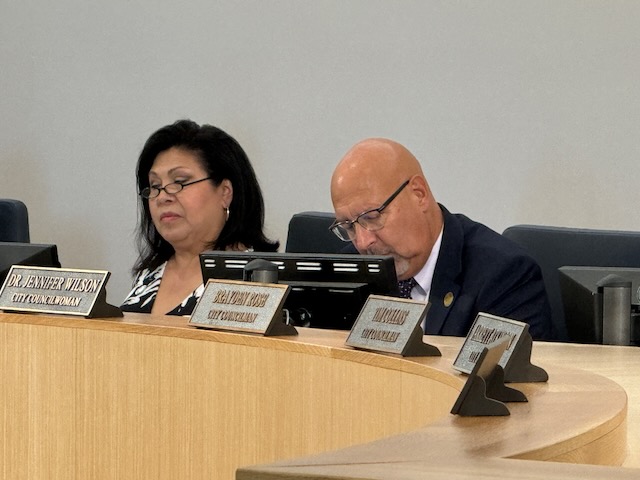
Mayor Pro Tem and District 1 Councilwoman Christy Martinez-Garcia is situated left of Mayor Mark W. McBrayer. The mayor is attempting to cut spending and not raise taxes. Martinez-Garcia wants to keep on spending and let the tax rate be set at where it needs to be to protect her pet programs.
"This is a significant program for our youth to foster relationships with another country. The youth pay their way. Given that we are sacrificing Clapp Park, this is something we need to do. I will not support your proposal," Martinez-Garcia said.
The mayor responded, "People are still struggling to make ends meet in their own households. The $35,000 cut reflects the cost of sending our city staff with the ambassadors to Japan. I don't understand the benefits to the city, especially in a difficult year."
Martinez-Garcia countered, "We are taking away money now and will end up paying more later because it will start costing us more."
The mayor, who is also a Baptist preacher, said, "We need to be prepared to make difficult choices, and this is aimed at lower- and middle-income citizens." He noted that the tax increase proposed in the city manager's budget would raise property taxes by $50-100 a year, a significant amount for families with lower incomes.
Martinez-Garcia, representing a district with many lower- and middle-income residents, did not appreciate the mayor's remark. "This won't help middle- and low-income households. There is no trickle-down effect," she said.
District 5 Councilwoman Dr. Jennifer Wilson agreed with Martinez-Garcia's argument that drastic cuts in spending for FY 2025 could lead to significant tax increases in future years. She called it the "yo-yo" effect. Wilson proposed a budget that maintains the original proposed budget tax rate but reallocates some spending priorities, such as allocating over $100,000 to develop a new public and intranet website for the city.
District 3 Councilman David Glasheen proposed a budget with a tax rate below the No New Revenue Rate. His major cuts included reducing Market Lubbock funding by $250,000 and eliminating the $153,000 the city spends on lobbyists in Austin, even with the next legislative session starting in January. The city manager did not like this idea as he said cities in Texas are the most regulated operations in the world and the legislature will consider 8,000 bills in 2025 where maybe 3/4 of those bills will impact Lubbock city government.
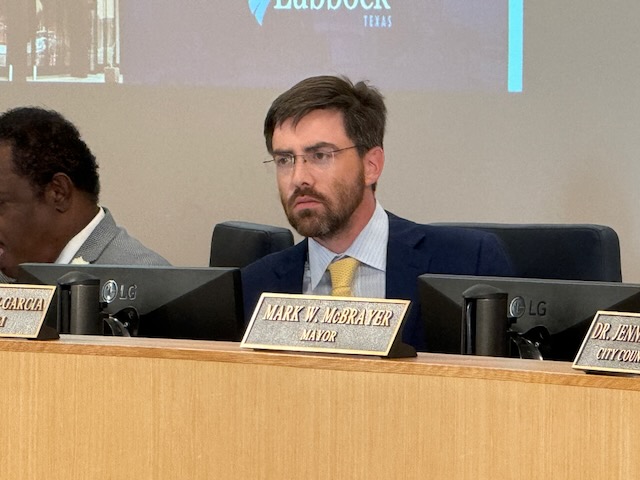
District 3 Councilman David Glasheen, an attorney, presents politically conservative arguments against government spending on business grants and using taxpayer dollars to choose winners and losers in a free market economy.
Glasheen defended the mayor's budget against objections from Wilson and District 6 Councilman Tim Collins. "I don't like the suggestion that we should raise taxes now so that we can raise them less in the future," he said.
However, Glasheen criticized Market Lubbock on ideological grounds, arguing that it uses taxpayer money to pick winners and losers in a free market. "You help one small business with a Market Lubbock grant at the expense of nine other businesses that are paying for it," he said.
Martinez-Garcia countered, "These are empowerment grants, and they give small businesses the ability to compete and hire locally. Those grants can make or break them."
The City of Lubbock will consider four budget proposals at its next meeting on September 3:
- Original Proposed Budget: Sets the tax rate at 0.477402.
- Mayor McBrayer's Budget: Lowers the tax rate to the No New Revenue Rate of 0.466749, with modest reductions in non-core programs and increased spending on police and fire.
- Councilman Glasheen's Budget: Lowers the tax rate below the No New Revenue Rate to 0.465590 by significantly cutting Market Lubbock and eliminating lobbying expenses.
- Councilwoman Wilson's Budget: Sets the tax rate slightly lower than the city manager’s at 0.470120, with reallocated spending priorities.
The mayor needs support from at least three council members to pass his budget. So far, Glasheen appears to be an ally. Collins and Wilson are concerned about the long-term impact of lower revenue on future budgets. All council members are mindful of the upcoming Meet and Confer contracts for the Lubbock Police Department and Lubbock Fire and Rescue in February, which will likely request significant pay raises.
This is the first time the City of Lubbock has engaged in collective bargaining to set firefighter and police officer salaries.
Atkinson said that since all proposed budgets are below the 3.5% revenue lift over last year, or below the Voter Approval Rate, the Sept 3 budget hearing will be followed by a hearing to approve the budget and a second hearing to adopt the FY 2025 tax rate. The final budget vote will be Sept. 10.
The current city tax rate is 0.480164 and all proposed rates are a reduction. Only the mayor's and Councilman Glasheen's budget compensate for property valuation hikes.
Subscribe to the LIVE! Daily
Required


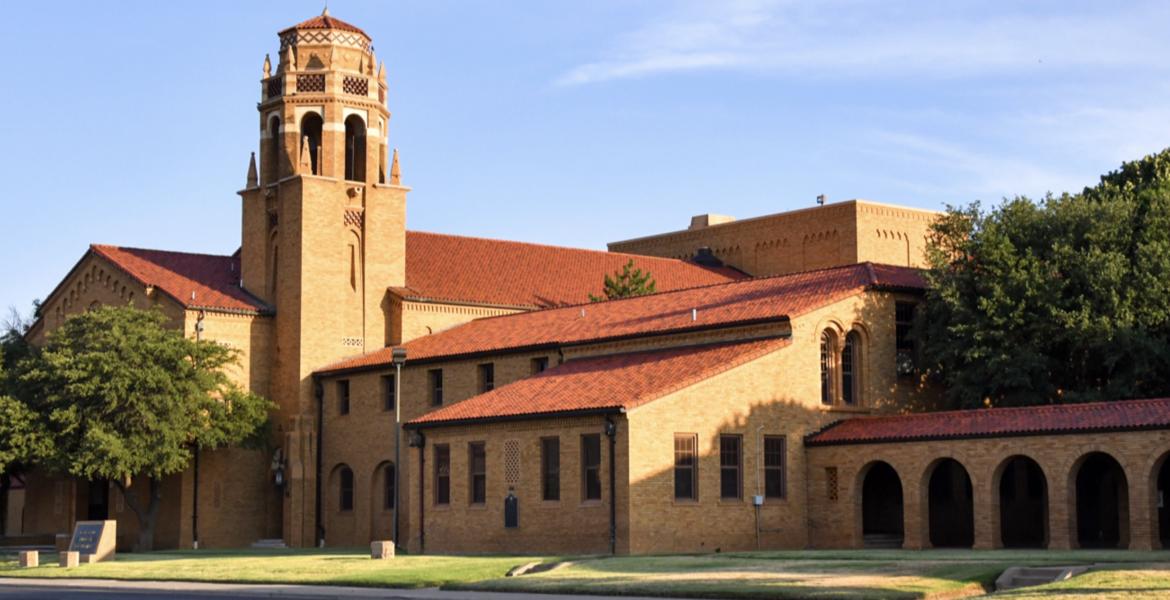
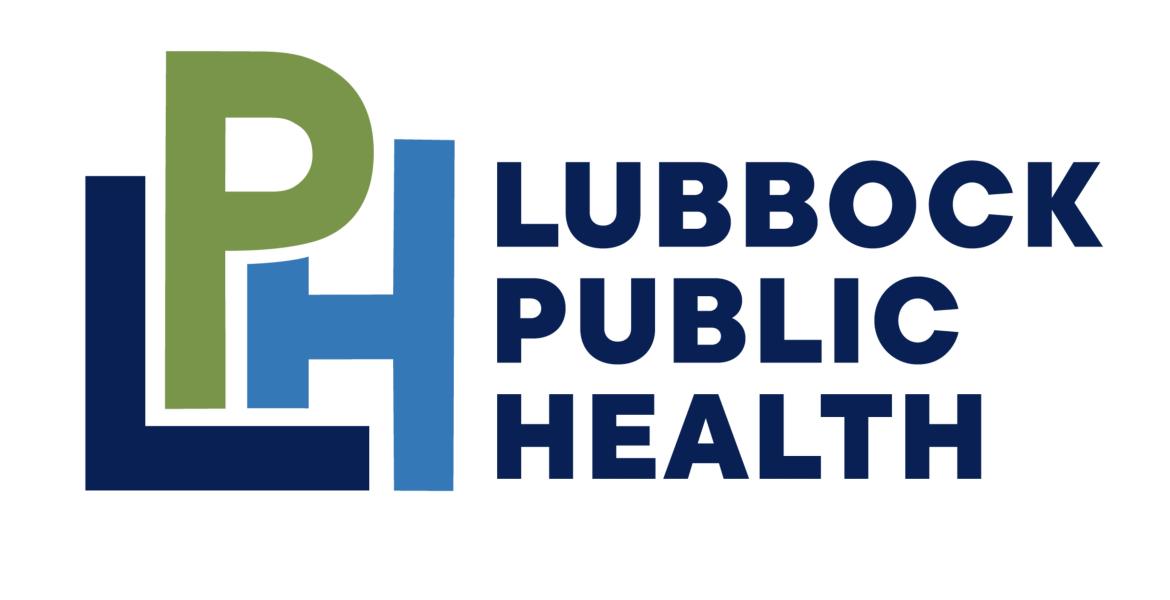
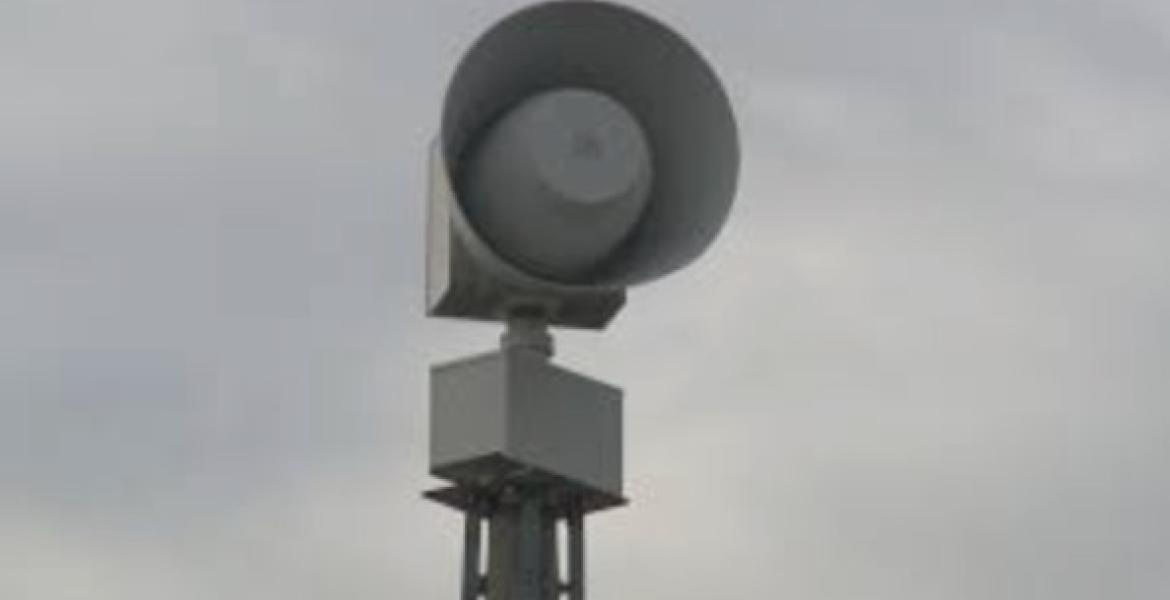

Post a comment to this article here: